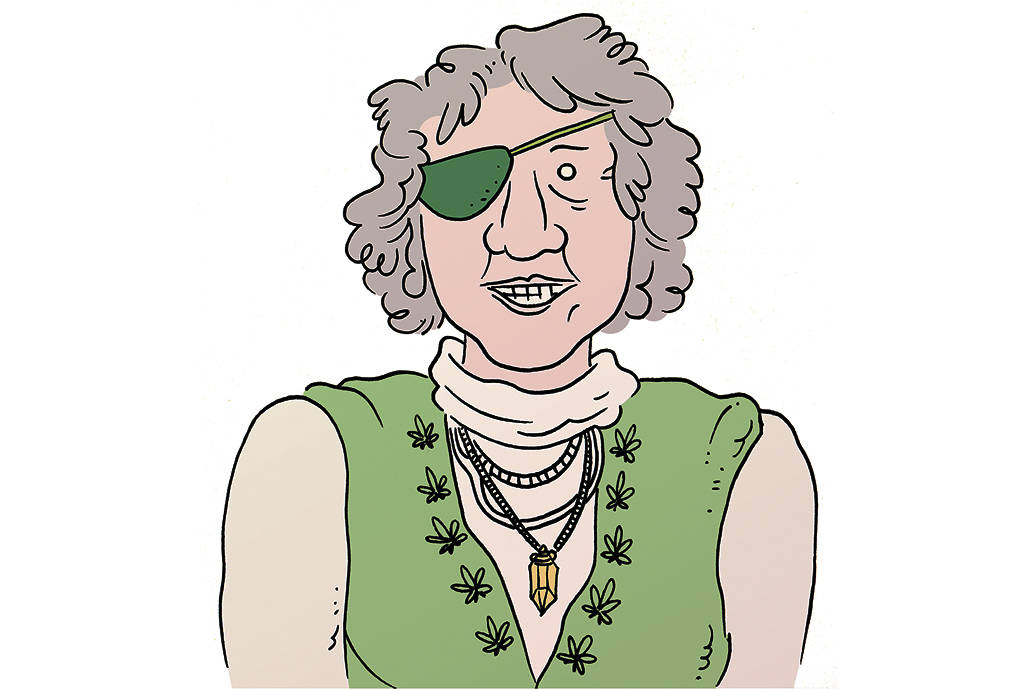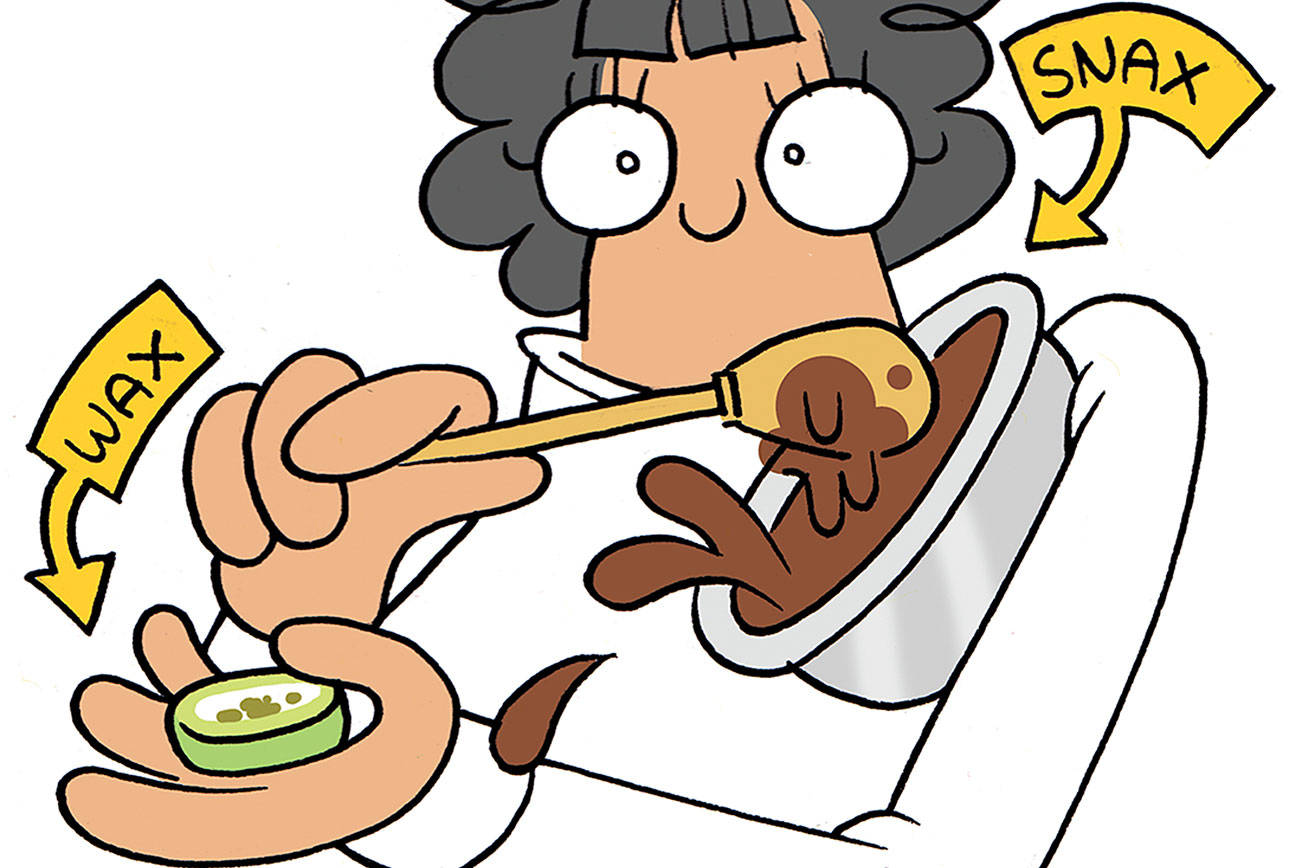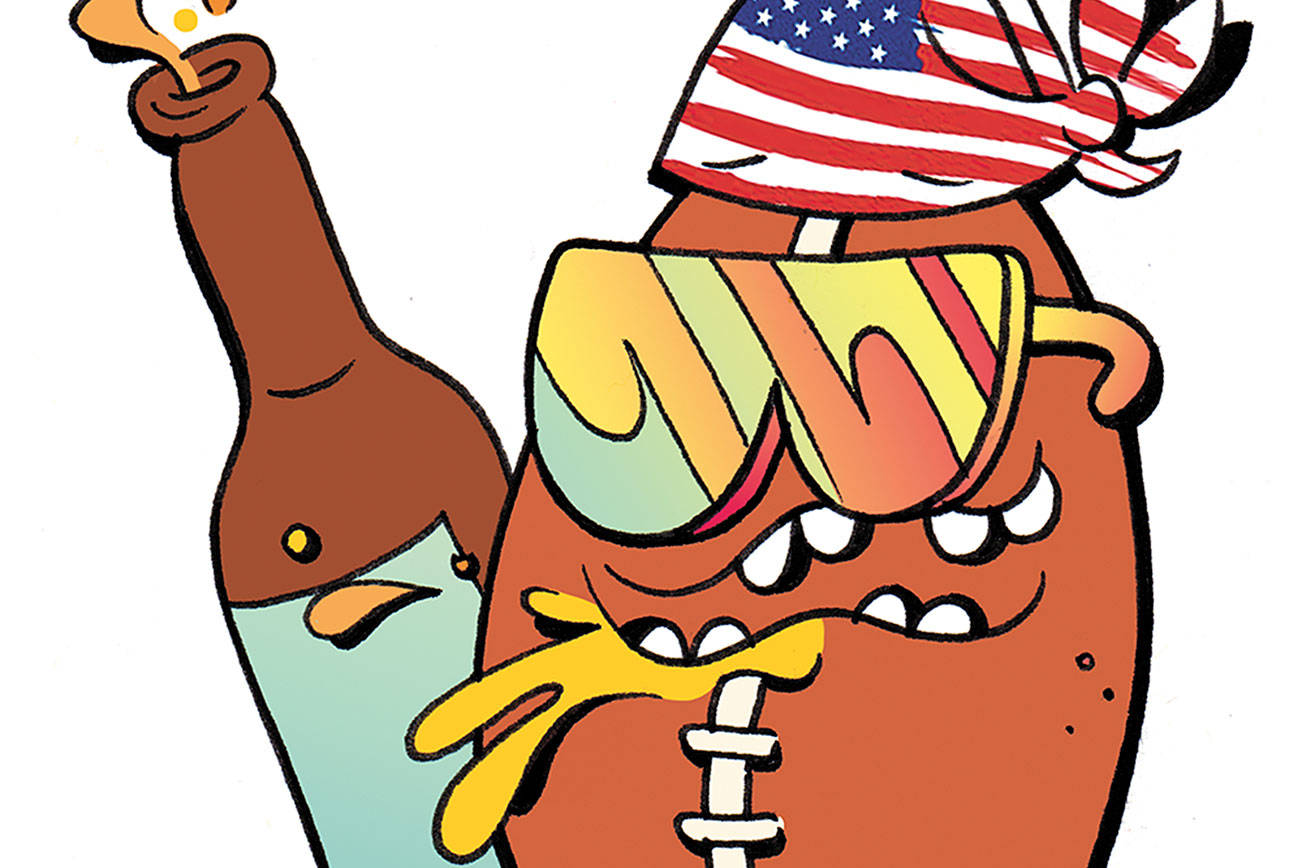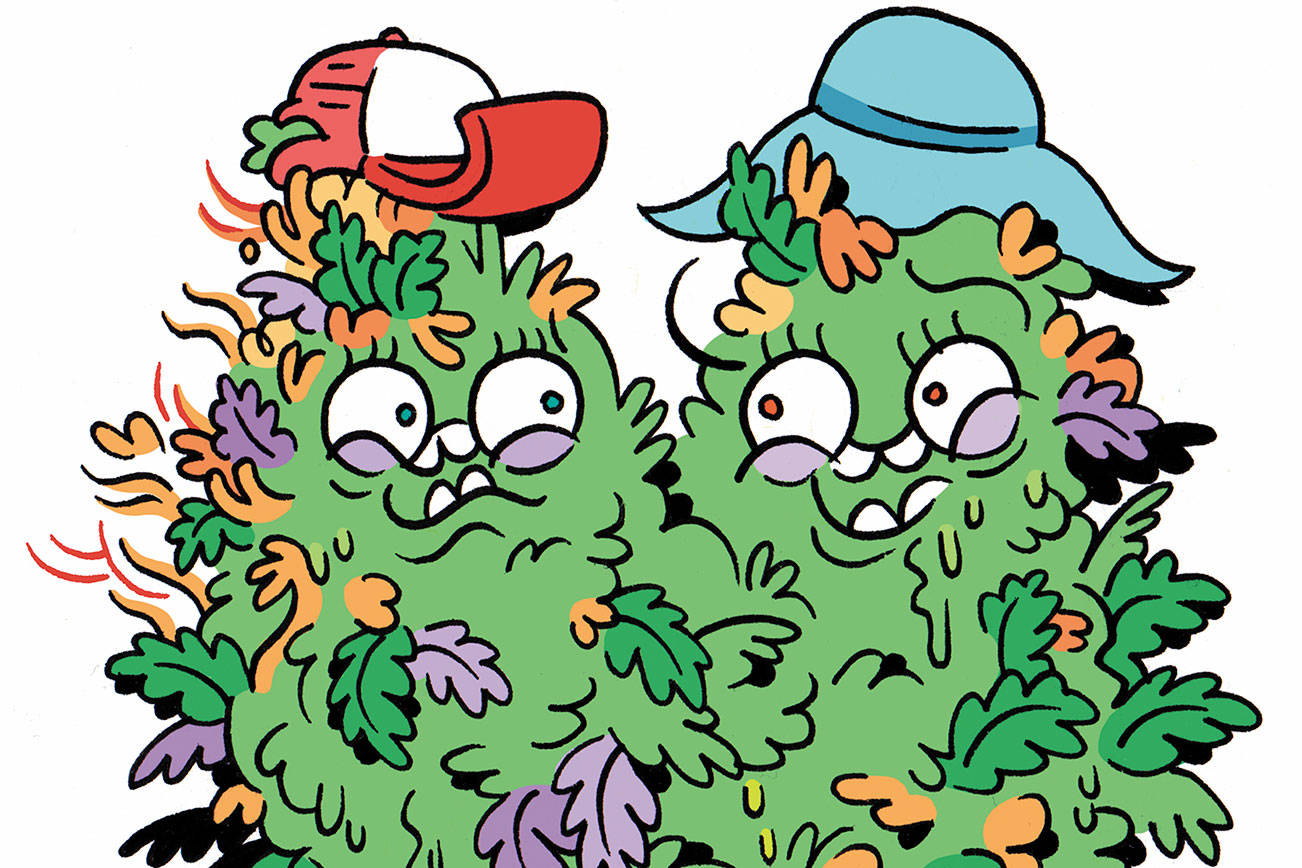They gathered at the All Pilgrims Church in Capitol Hill earlier this month to honor Joanna McKee. The pioneer of patients’ rights had been gone for some time, having passed away on November 18, but this would have been her 75th birthday. So they gathered to celebrate her life.
Filling out the pews were many of the most influential cannabis advocates from across the Pacific Northwest. Policy writers, lawyers, cultural influencers, dispensary owners, professors, and more. A tight-knit group of people who have been working in various ways the last 25 years to try to change Washington’s medicinal cannabis laws for the better, all brought together by the life force of one woman, Joanna McKee.
Martin Martinez, writer and advocate had this to say that afternoon: “Joanna was fond of repeating the famous quote of author Margaret Mead: ‘Never doubt that a small group of thoughtful, committed citizens can change the world; indeed, it’s the only thing that ever has.’ Joanna lived those words, she was the magnetic force that pulled together small groups of thoughtful, committed citizens. She inspired and motivated people on all sides of the medical marijuana controversy with uncanny wisdom. She changed the world, one person at a time, with heartfelt truth and irrefutable logic.”
Yet, it wasn’t until after the memorial that I would understand the true impact of McKee on this community. Dale Rogers, a medicinal cannabis heavyweight who worked with Brownie Mary back in San Francisco in the late ‘80s, invited me to the afterparty, a small gathering of friends and family getting together at someone’s home in Fremont. Arriving at the address, I noted the giant warehouses and event spaces surrounding the bucolic little wooden structure. The house was the last left on the block in another stretch of Fremont that had fallen to gentrification. A holdout from a different time.
Coming into the warm, bright home I was welcomed with laughter, laughing kids, and dogs running around. A smiling, red-cheeked woman was blending up pineapple and rum in the kitchen. A tall, dapper gent was filling bag after bag from a Volcano vaporizer and passing them around the room.
As the evening wore on, I peeled people away from the revelry and asked them about their life with McKee. It became clear that McKee’s passing represented more than the loss of a friend. One particular sentiment was reiterated again and again. Twenty years ago, the medicinal cannabis scene had been a welcoming, friendly community, a patchwork quilt of growers, dispensaries, and patients, all supporting each other.
McKee was at the forefront of that movement after opening the Green Cross Patient Co-Op in the Bainbridge Island home she shared with Ronald “Stich” Miller, her partner of nearly 30 years. The co-op, which opened in 1993 and later moved to Georgetown, grew out of a personal need. After an odd complication during a routine surgery, Mckee attempted to step out of bed and discovered her right leg was paralyzed. She was wheelchair-bound after that. She turned to medicinal cannabis to cope with the pain. Meanwhile, McKee and Miller were watching the growing “buyer’s club” movement happening in California, and with perhaps a little encouragement from cannabis-rights activist Jack Herer, they decided to start their own club.
Requiring a note from a doctor and a valid ID, they provided medicine, and the space to use it, from their home. They rolled their cannabis up in little balls—an agreement with the local police to be able to identify cannabis that had come from them—and distributed it in bottles marked with a green caduceus and pot leaf.
By opening their home to those in need, McKee created a crossroads where people from all walks of life came into contact with each other, in their living room. McKee and Miller committed their entire lives to AIDS patients, cancer patients, and people struggling with other illnesses that could be helped with cannabis.
Other providers followed suit, opening dispensaries in their own homes. To be involved with the community was to be involved in people’s lives. You met their families, you saw how they lived. Providers knew tons of information about the strains they offered, speaking at length about symptoms and possible strain pairings for specific illnesses.
In the wake of the legalization of recreational marijuana, a deep disconnect has replaced that. Many budtenders are not able to speak at all to their medicinal strains, if the shop even carries them. Many patients are disappointed and alienated by their experiences in this new legal world, where you can’t even smell the flower before you buy it. They miss their old community.
Not only had McKee helped foster that community, those gathered said; she was also instrumental in reaching outside that community for support. As I moved through the haze of smoke and memories, I heard talk about the talents that allowed her to build bridges. Many people pointed to a head injury she had received early on in life during a motorcycle accident. Her thinking changed, they said. McKee was aware of the change and would describe it to her friends.
She simply saw the world in a different way and had developed an ability to pull seemingly random or opposing viewpoints together into one, cohesive image. This translated into her ability to pull disparate people together to see eye to eye, and bringing people around to thinking they had previously been opposed to. Which led to, I think, another sentiment expressed by many people; that their life would not be what it was if they had not met Joanna, that she was this great, transforming force in the world, driven by a vision to better people’s lives, and to dig through the bureaucracy that would assure those improvements. She always encouraged those she worked with to take the higher road toward the middle ground, they said, to be civil and respectful.
This approach won her unlikely allies. Two years after opening their dispensary, McKee and Stich made international headlines when the DEA and the FBI decided the local sheriff’s department needed to raid their home, the first such action against a medicinal group. They took 160 plants. Stich told me that after getting out of jail, the couple arrived home to discover that the cops had taken all their plants—but only their plants. Over the next few weeks they found dozens of bottles of medicine stashed in nooks and crannies around the house, the work of local police who, Stitch contends, were not happy with the fed’s “intervention.”
She befriended powerful people in her push to move legalization forward as well, including King County Prosecutor Dan Satterberg, and King County Council member (and former Senator) Jeanne Kohl-Welles. At McKee’s memorial, Kohl-Welles recounted their Sunday night phone conversations. “We’d sit down with a glass of wine and we would talk it out until we reached a mutual understanding.”
McKee moved through the world, changing everything she touched. “I can’t imagine what our lives would have been without Joanna,” Douglas Hiatt confided. “And I’m not sure where we’re going now without her.”
I looked around the gathering and saw a lot of silver hair, but also a gathering of deeply influential, caring people who came together under the banner of an incredible woman to lay the groundwork for the political landscape of legal cannabis in Washington for generations to come. Another face of old Seattle, being squeezed out in favor of a Walmart-like version, with less soul, less character, less love.
Joanna McKee’s legacy as the American Mother Goddess of medicinal cannabis should be taught in schools. Her life is a blueprint of how an activist is created out of circumstance, and how change can be achieved through perseverance and kindness. Whether her story and those of others who have pushed patients’ rights forward through this country’s tangled relationship with cannabis will continue to be told is up to those she influenced most. While the gathering at the All Pilgrims Church may have marked an end, the gathering afterword was, for me, a beginning. Joanna McKee is dead. Long live Joanna McKee. ■







